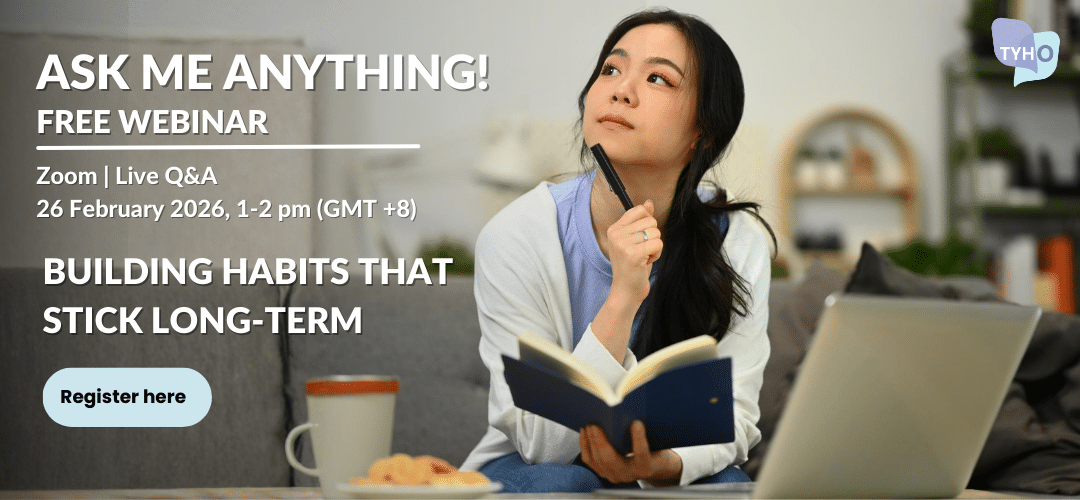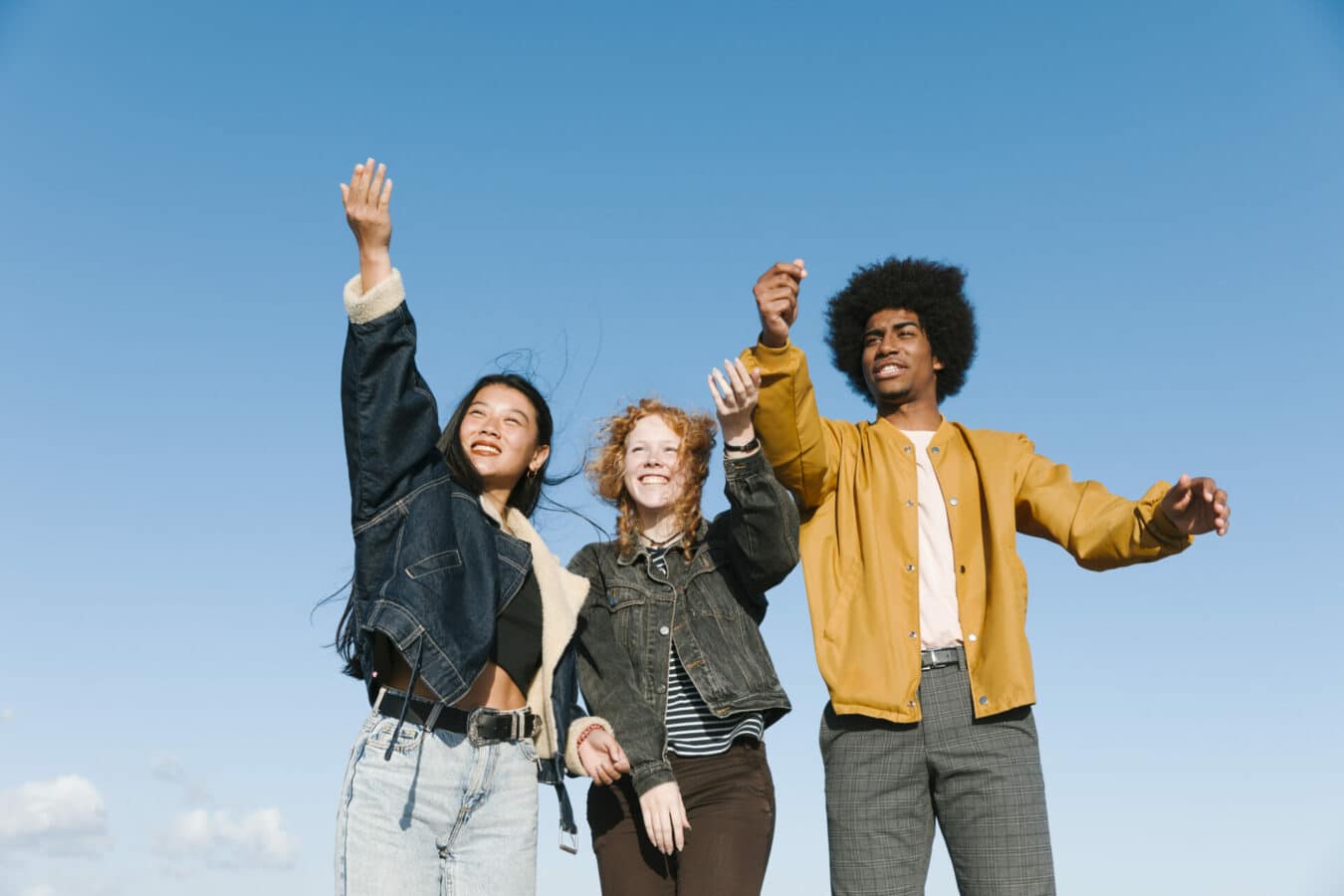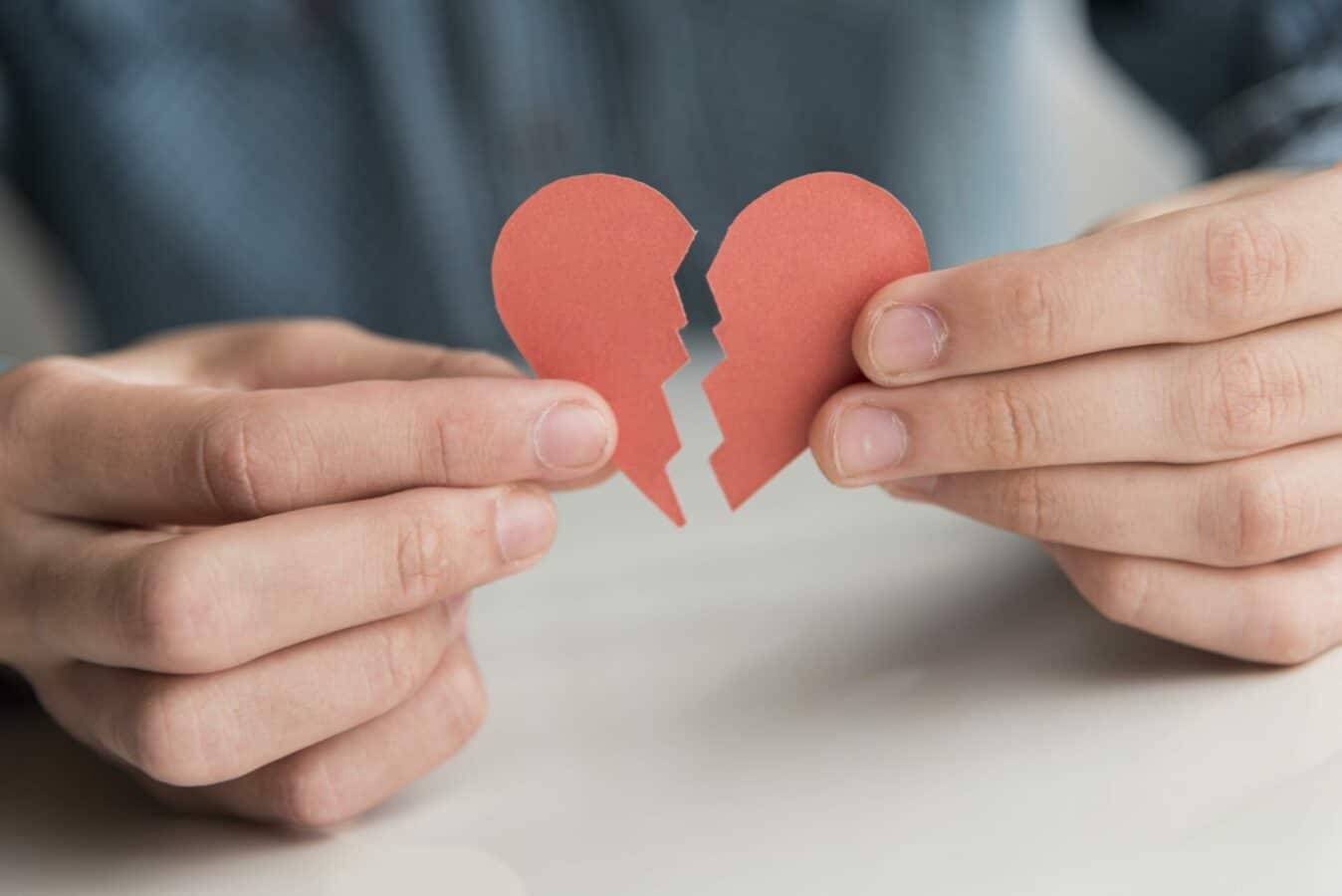- Updated on 28 June 2024
Friendship is integral to our lives. It provides us with love, support, and companionship across the ups and downs we face. Friendship Day, then, is a special day celebrated worldwide to honour and cherish the bond we share with our friends. This day allows us to celebrate and appreciate the special people in our lives who enrich the entire experience of the world.
This article will explore the several types of friendships and their unique characteristics. We will discuss why we celebrate friendship day and various ways to go about doing so. We will also delve into the significance of maintaining friendships over time and the challenges and benefits we might encounter.
This Article Contains:
The Meaning of Friendship
Friendship refers to the bond that we share with people we choose to have in our lives. It involves shared activities, emotional support, and intimacy, where mutual respect, trust, and affection are nurtured.
The Nature of Friendship
In this section, we delve into the several key attributes of a friendship.
Firstly, it is a relationship that involves people who know each other and who have engaged in a series of interactions. This dyadic relationship flourishes through a bond of mutual affection recognised by both individuals.
It is important to note that friendships are not obligatory; individuals choose to form a friendship with one another. This is particularly true in western societies, where friendships are one of the least prescribed close relationships with no formal duties or legal obligations between individuals.
Another important feature of friendship is that it is typically egalitarian. Unlike parent-child relationships or employer-employee relationships, for example, each person in a friendship has about the same amount of power in the relationship. Hence, friendship day becomes even more valuable because of this unique connection.
Companionship is also integral to friendship. In fact, it is one of friendship’s primary goals and motivations. Friends often engage in shared activities, such as hobbies or leisure pursuits together, and these strengthen the bond between them. For example, a social person may wish to watch a movie with a friend rather than visit the theatre alone.
Furthermore, adolescent and adult friendships often perform other functions, such as providing emotional support and opportunities for self-disclosure and intimacy. These aspects of friendship can be especially important on occasions like friendship day.
What Is True Friendship?
Friendship is a complex and multifaceted concept explored by scholars across the various fields of psychology, sociology, and philosophy. At its core, friendship is a deep and meaningful connection between two or more people based on mutual respect, trust, and affection.
A true friendship often has a foundation of shared experiences, common interests, and a willingness to be there for one another. It plays an important role in our lives, providing us emotional support, companionship, and a sense of belonging. It can also help us navigate life’s challenges and complexities and act as a sounding board for our thoughts and feelings.
Nonetheless, not all friendships are formed equally, and different people have different needs when it comes to friendship. For example, some people prefer to have a few close and intimate friendships, while others may like a larger network of acquaintances and social connections.
Ultimately, friendship is a deeply personal and subjective experience shaped by a wide range of factors, including personality, upbringing, culture, and life experiences.
What is Friendship Day?
Friendship Day is a special celebration of friendship’s significant role in our lives. People celebrate friendship day on different dates in different countries. For instance, it is celebrated on 20th July in Argentina and Brazil, 30th July in Singapore and Spain, and the first Sunday of August in India.
The occasion provides an excellent opportunity to appreciate and recognise the value of our friendships. There are various ways to mark the occasion, including getting together with a friend, sending them a thoughtful message, or simply reflecting on our bonds with others.
However, the significance of friendship day extends beyond a single day of celebration. True and lasting friendships require continuous effort. As such, it is essential to invest time and effort into our friendships regularly.
In recent years, there has been a drop in the number of close friendships held by people, with many admitting to having no close confidants at all. It is crucial to recognise and address the reasons for this trend to ensure that our social networks continue to provide the emotional support and companionship we need.
Some of the reasons for a lack of close friendships include being too focused on one’s career or family responsibilities, only forming superficial acquaintanceships, preferring solitude, or relying too heavily on just one friend. As such, people tackle these issues by consciously dedicating time and effort to cultivating meaningful relationships with others. Therefore, friendship day serves as a reminder to rebuild the lost connection with friends.
If you are a person who prefers or chooses solitude over social relationships, that is totally okay! Every individual is different and has unique needs. Be assured that choosing your preferences over giving in to societal pressure is equally important.

What Are the Different Types of Friendships?
The diversity of friendships is truly remarkable, with a plethora of different forms that can transcend any age gap, gender, religion, culture, distance, and even language barrier. Friendships can develop based on shared interests and experiences or blossom from the unlikeliest situations.
While some friends may see each other every day or even live together, others may only cross paths occasionally. In fact, some friends have met online and formed close bonds without ever meeting face-to-face. In this section, we will explore the different types of friendship and why we celebrate friendship day.
Doing so allows us to appreciate the diversity of our social connections. It can even inspire us to seek out new and broader friendships.
Whether you are planning a party or simply taking a moment to honour your friends, it is helpful to recognise the many different types of friendships that exist. Some common examples include the work friend you only see in the office, the childhood friend you have known since the beginning, the long-distance friend you still keep in touch with despite living miles apart, and so on. No matter the type of friendship, the bonds you share are definitely worth celebrating.
Childhood Friends
Childhood friends are those people who we formed close relationships with during our younger years, often through shared experiences such as attending school or participating in extracurricular activities. The bond we share with these friends is unique as we have grown up together and witnessed each other’s growth and development in our younger years.
While there are many benefits to maintaining childhood friendships, it can also present some challenges. For instance, as we get older, we may live in different parts of the country or even the world, making it difficult to stay in touch. In addition, as adults, we may also have different interests and lifestyles, which can create distance in our relationships.
Despite these challenges, childhood friendships can profoundly impact our lives. These friends ground us and give us a sense of familiarity whenever we hang out with them. They too provide comfort and support with their presence during tough times as they deeply understand our past and experiences.
Many options are available if you are looking for ideas to celebrate this day with your childhood friends. For example, you could plan a reunion, either in person or online, and spend time catching up on old times. Alternatively, you could recreate your favourite childhood memories together, such as hiking or having a picnic in the park.
Whatever you choose to do, the most important thing is to cherish the bond you share with your childhood friends and celebrate your unique connection during friendship day!
Acquaintances
Acquaintances are people with whom we have a casual or superficial relationship. They are people we know but not particularly well and engage with usually in social or professional settings. Acquaintances are an important aspect of our social lives as they provide us with a sense of belonging and expand our social network.
Unlike friends, acquaintances may not be people we have a deep emotional connection with. We may share common interests or partake in small talk, but we do not confide in them or rely on them for support as we do with friends. While friends are people we choose to spend time with, acquaintances are often people we encounter by circumstance.
Despite their casual nature, maintaining positive relationships with acquaintances might be helpful, perhaps even joyful. They may become important contacts for professional opportunities or connections to new people.
Friendship day is a special occasion to celebrate the joy and value of friends in our lives. Simultaneously, it is also an opportunity to appreciate the acquaintances who contribute to our social lives.
To celebrate friendship day with acquaintances, consider hosting a small gathering or sending a thoughtful message to those you appreciate. You could also use the occasion to strengthen your relationships with acquaintances by reaching out to make plans.
Work Friends
We spend significant time with work friends at our jobs and often develop close relationships with them. These friendships are unique because they grow on a shared experience of the workplace and the challenges and successes that come with it.
There are both benefits and challenges to having work friends. On the one hand, work friends can provide a sense of camaraderie and support during stressful times at work. They can also make the workplace more enjoyable and fulfilling, contributing a positive work culture. On the other hand, conflicts of interest or differing opinions on work-related issues can complicate work friendships.
Despite these challenges, work friendships can positively impact our work lives. For example, having a work friend who is supportive and encouraging can boost our confidence and motivation to perform better. Work friends can also provide valuable feedback and insights on our work, helping us to improve and grow professionally.
If you are looking to celebrate friendship day with your work friends, there are plenty of ideas to choose from. For example, you could organise a team-building activity, such as a group lunch or after-work drinks, to strengthen your bond with them.
Alternatively, you could initiate a fun activity outside work, such as watching a movie or bowling. Whatever you choose to do, the most important thing is to take the time to appreciate the distinct connections that your work pals provide and to celebrate their company.
Long-Distance Friends
Long-distance friends are those who live in different cities, states, or even countries but have maintained their bond regardless. These friendships can be challenging due to factors such as distance and time difference. Yet, they are also some of the most meaningful and enduring relationships one can have.
In a world where people are increasingly busy and preoccupied, having someone who intentionally makes time to catch up with you can help you feel cared for. Long-distance friends can offer a fresh perspective, help you see things from a different angle, and offer encouragement and advice when you need it most.
Technology has made it more convenient than ever to maintain long-distance friendships. With Skype, Zoom, and WhatsApp, we can communicate face-to-face and stay connected in real-time, even if we are miles apart. In addition, social media platforms allow us to share updates, photos, and messages with our long-distance friends at any time of the day.
Celebrating friendship day with long-distance friends is a great way to show them how much you care. You could:
-
Schedule a virtual party: Set up a video call and celebrate friendship day You can share stories, memories, and laughter, just as you would in person.
-
Send a love package: Put together a package of your friend’s favourite things and mail it to them. It could include anything from snacks to books to a handwritten letter.
-
Plan a trip: If possible, plan a trip to visit your long-distance friend. It could be a short weekend getaway or an extended vacation. Spending time together in person can strengthen your friendship and create new memories.
Long-distance friendships require effort and commitment, but they are worth it. With the help of technology, we can stay connected and maintain these valuable relationships, even if we are physically distant.

Online Friends
In today’s digital age, online friends are becoming increasingly important in modern society. They are people we meet through the internet (eg social media platforms, online forums, etc). They can be from different parts of the world and provide a sense of belonging that may not always be available offline.
Having online friends comes with its own set of benefits and challenges. One of the benefits is the convenience of being able to communicate with them almost anytime, anywhere. With the development of technology, we can now connect with our online friends through various online platforms and messaging applications. This makes it easier to maintain the friendship despite the distance. Online friendships also afford a certain level of anonymity, making it easier for people to open up and share their thoughts and feelings.
However, one of the biggest challenges in this dynamic is the absence of physical interaction. Online friendships can lack the personal touch that we get from in-person friendships. We cannot see or hang out with our online friends face-to-face, which can sometimes be a source of frustration. Not to mention that online friendships can also be dangerous as we may disclose personal information without knowing who is actually behind the screen.
Despite these challenges, the bonds forged in online friendships are no weaker. In fact, research has shown that online friendships can be just as meaningful and provide similar levels of emotional support as in-person friendships.
One way to celebrate with our online friends is to plan a virtual hangout. We can also send them a thoughtful message or care package to show appreciation. If you find your connection meaningful, that in itself is worth celebrating.
Celebrating Friendship Day
As discussed above, friendship day is a special occasion dedicated to celebrating the special bond of friendship. It’s a day to show appreciation for our friends and to make them feel special.
Here are some general ideas to celebrate friendship day:
Plan a day out with your friends: Whether it’s a picnic, a movie, or a game night, spending time together is the perfect way to celebrate.
Host a friendship day party: Invite your friends over for a meal or a party and spend the day enjoying each other’s company.
Give your friends a meaningful gift: A heartfelt message, a small present, or a token of appreciation can go a long way in strengthening your friendship.
Volunteer together: Sign up for a volunteer activity or a charitable cause you all feel passionate about. This is a great way to bond while doing something good for the community.
Send a card or message: If you can’t be with your friends in person, sending a thoughtful message or card can let them know that you are thinking of them.
Celebrating friendship day is important because it reminds us of the value of friendship in our lives. Friends are essential to our support system and can bring joy, comfort, and laughter to our lives.
Making Friends as an Adult
When meeting new people, it can be challenging to befriend them right away. However, building meaningful connections is possible if one has the right mindset and conversational skills.
Here are some conversation tips that can help:
Ask open-ended questions: This can help you get to know the person better and can lead to more meaningful conversations.
Listen actively: Show interest in what the person is saying and respond thoughtfully.
Share your experiences: Opening up about your own experiences can help the other person feel more comfortable and lead to a deeper connection.
If you are struggling with your relationships, therapy can be a great way to improve your connections with others. A professional therapist can help you develop communication skills, build self-awareness, and work through any issues affecting your relationships. Whether you are struggling with friendships, romantic relationships, or family relationships, therapy can be a helpful tool to improve your overall wellbeing.
Takeaway
In conclusion, contemplating the diversity of human connections allows us to appreciate each relationship’s uniqueness and value. From family ties to romantic partnerships and, of course, the ever-important bond of friendships, our lives become enriched by the variety of ways we connect with others.
Moreover, speaking of friendships, research has shown that these relationships play a significant role in our health and happiness. Having strong friendships has been linked to reduced stress levels, improved self-esteem, and a greater sense of belonging. For many, celebrating their friends gives them immense joy, and friendship day provides the perfect opportunity to do just that.
Let’s take a moment to reflect on the joy and support our friends have brought us. You may even reconnect with those we may have lost touch with.
Overall, nurturing meaningful relationships is essential and can bring happiness and fulfilment to our lives for years to come!






